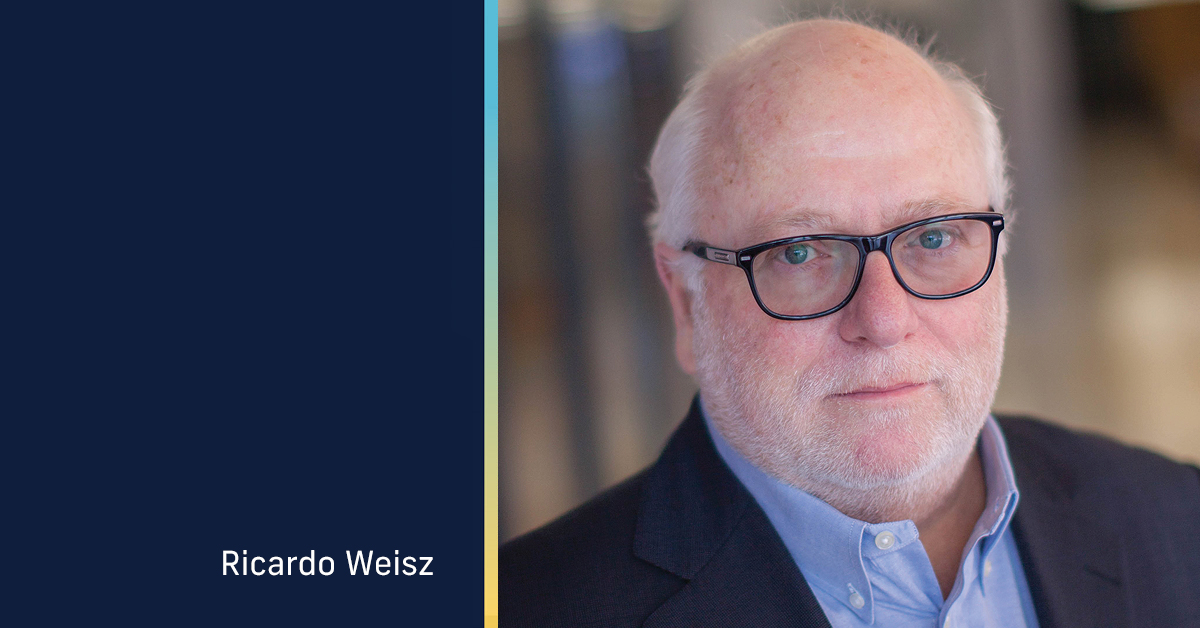
By Nancy Dahlberg
When it comes to raising capital, Florida Small Business Development Center (FSBDC) at FIU Business consultant Ricardo Weisz has experience in the trenches on both sides of this entrepreneurial challenge.
As an executive at The Walt Disney Company, he launched operations in multiple countries, and over the years he has headed and/or invested in various ventures with successful exits. He currently owns and runs Interim HealthCare, a healthcare franchise company that provides services for those aging in place. He was also an active early-stage investor who has held a number of board positions and has served as an adviser and judge in many business competitions.
"I think I am unique among the [FSBDC at FIU Business] consultants in that I run a small business myself, and so it gives me insight from both sides, being the consultant but also empathizing with the pains of running a business and understanding what the clients go through in their processes," explained Weisz.
All this experience and expertise has served well the clients of FSBDC, which provides no-cost consulting to small businesses in Miami-Dade and Monroe counties. Weisz has helped entrepreneurs secure $25.88 million in capital. Of that, 38.1%, or $9.87 million, came in during the last three years.
"When there's a lot of unemployment, there's a lot of entrepreneurship going on because people see it as an alternative to getting another job, and the risk associated with being an employee.
But, when the economy shifts, and the returns on the capital market and real estate market are high, investors focus on those areas rather than high-risk venture capital," Weisz said.
"Just having a great idea is not sufficient. People have to be able to discover your idea, know where to find it."
– Ricardo Weisz
So, what does Weisz advise founders seeking funding? "A lot of founders come into it thinking that just by having a great idea, they're going to get immediately funded, but that's not the case. It takes a major effort in trying to get funding. It means being ready to pitch your idea maybe 60, 70, 100 times before you get any traction," he said.
Weisz said too many founding teams are so enamored with and focused on their idea that they're not paying attention to anything else. "To the investor, the team is as important as the idea itself," he said.
That means having members on your team with proven track records and deep expertise in the subject matter, Weisz said. "This not only brings credibility, but also validation."
Many founders also lack go-to-market strategy. "Just having a great idea is not sufficient," Weisz noted. "People have to be able to discover your idea, know where to find it."